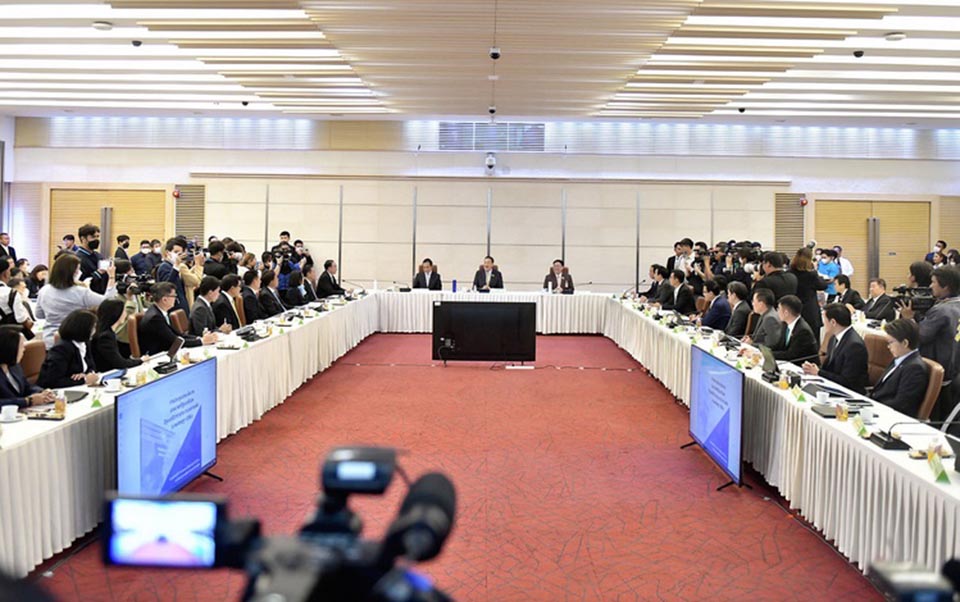
Consumer confidence in Thailand saw an improvement in August following the swift formation of the new government, according to the University of the Thai Chamber of Commerce (UTCC).
The consumer confidence index rose to 56.9 from 55.6 in July, rebounding from the first decline in 14 months. The UTCC said the appointment of Srettha Thavisin as the new prime minister and the apparent easing of political divisions contributed to increased consumer confidence.
However, the overall consumer confidence index remains below 100, indicating concerns about the slow economic recovery, high living costs, and rising interest rates. These factors have affected domestic spending, tourism, exports, general business activities, and job prospects. Consumers are particularly worried about the cost of living, including electricity bills, and the uncertain global economic situation.
The UTCC noted that the upward adjustment of interest rates in various countries to combat inflation could further pressure global economic recovery, impacting exports and consumer purchasing power. Nevertheless, there is potential for consumer confidence to improve if the new government can swiftly implement economic stimulus policies promised during its election campaign.
The recent reductions in electricity and diesel prices are expected to ease the cost of living for the public and reduce transportation expenses for businesses. This may mitigate inflationary pressures and reduce the need for the Bank of Thailand to adjust its policy rate. These measures are anticipated to contribute to a potential 1% increase in economic growth in the fourth quarter of the year. (NNT)






